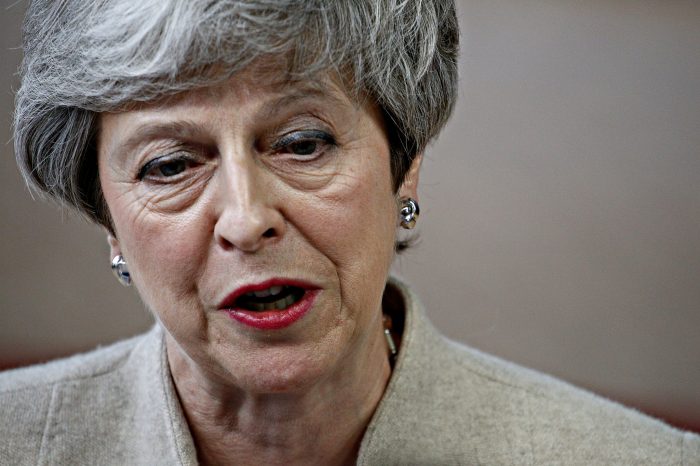When is a conflict of interest not a conflict of interest?
There has been a good deal of comment recently about the coming Supreme Court case regarding Article 50. I thought it might be worth looking at the background to see if it illuminates the current situation.
To recap: The case is going to be heard by the Supreme Court – a group of 11 extremely senior judges who have the duty of deciding on the point of law under discussion without personal prejudice or bias. But one judge, Lady Hale, has already questioned – in a speech in Kuala Lumpur of all places – if Article 50 could be passed by a simple Act of Parliament or if “it would have to be a comprehensive replacement of the 1972 act.” All before she has heard a word of evidence in the case.
Lord Neuberger, meanwhile, is married to Angela Holdsworth, whose views about Leave voters are perhaps best described as “robust”. She has also commented on the point of law at issued saying “It seems unlikely that a PM could trigger Article 50 without Parliament’s approval.”
The Supreme Court responded to suggestions that Neuberger and Hale might care to step aside in this case by saying that it was “absolutely confident that no breach of the code of conduct had occurred”.
Well, maybe.
But the point about a conflict of interest is not whether anything improper was done behind closed doors – which can be difficult to prove – but whether a reasonable person might conclude that some improper might have been done.
In legal terms, the test case here is the 1924 action of Rex vs Sussex Justices. The clerk of the court in a case of a motoring charge retired with the magistrates, taking with him all the documentation. It was the clerk’s job to answer any questions that the magistrates had about the documentation while they considered their verdict. The defendant was found guilty. But it later tranpired that the clerk also worked for the firm of solicitors who were suing the defendant in the civil courts.
Unsurprisingly the defendant appealed on the grounds that the clerk had a conflict of interest. The clerk and magistrates explained that the clerk had taken no part in the decision and had not even been asked any questions. Hearing the appeal, Lord Chief Justice Hewart accepted that the neither the clerk nor the magistrates had acted improperly nor had they intended to act improperly. But that, he said, was not the point.
Hewart declared in words that have resounded through the British legal system ever since that “it is not merely of some importance but is of fundamental importance that justice should not only be done, but should manifestly and undoubtedly be seen to be done. Nothing is to be done which creates even a suspicion that there has been an improper interference with the course of justice.”
Turning to our present case, one could accept that Lady Hale was merely musing on hypothetical questions while on a break in Kuala Lumpur. One could accept that Lord Neuberger will not be cowed by an angry wife glaring at him across the breakfast table. But that is not the point. As Lord Hewart said “even a suspicion” is enough.
And yet our Europhile Establishment seems determined to plough ahead and allow these two folks to decide on the issue no matter what they or their close relatives may have said or believe.
So, to return to my original question, “when is a conflict of interest not a conflict of interest?” The answer appears to be “when it favours the cause of the European Union.”







